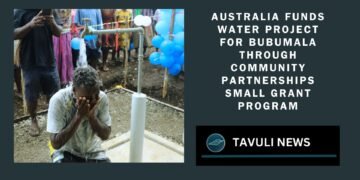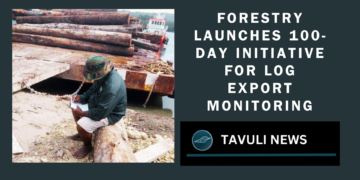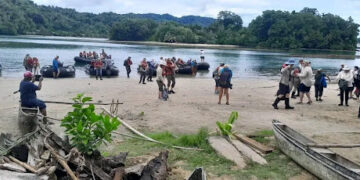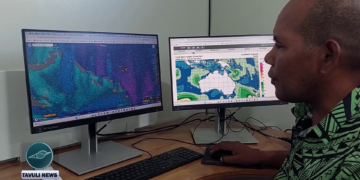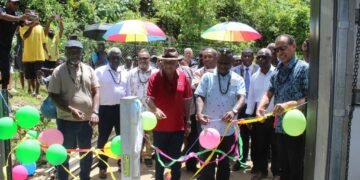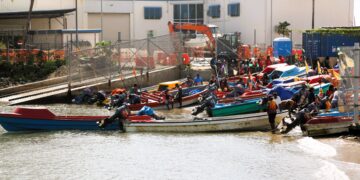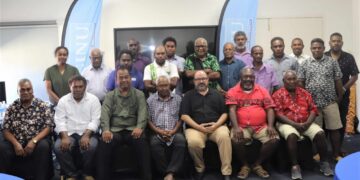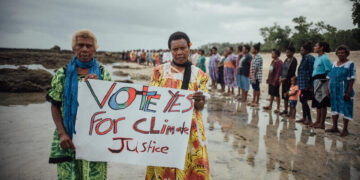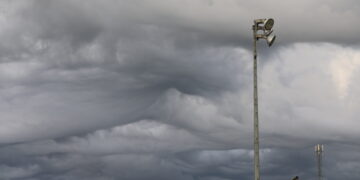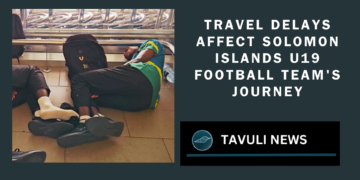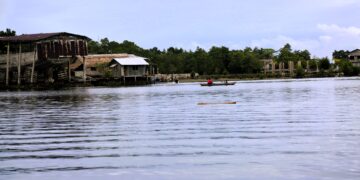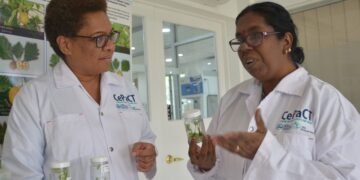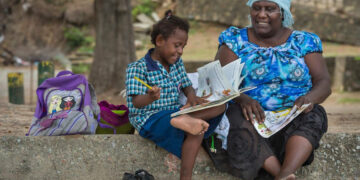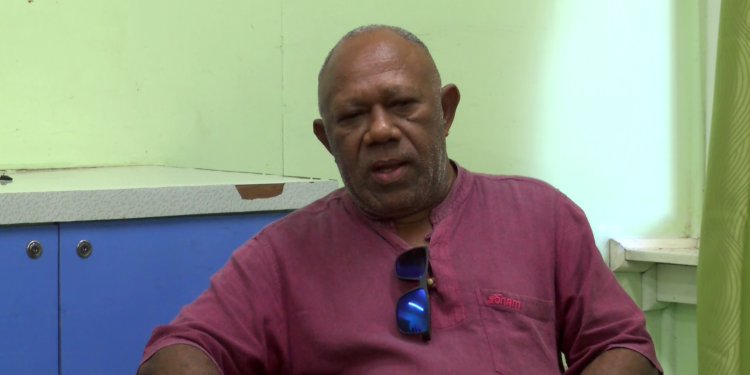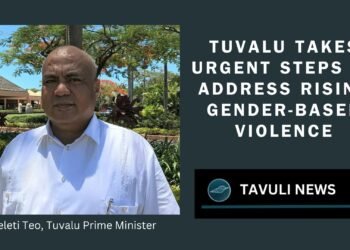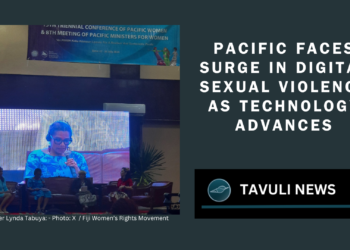At the peak of the malaria season, Malaita, Guadalcanal, Central Islands and parts of Choiseul province have seen an increase in malaria incidents. “If you look at the trend, over the years, now is the peak season for malaria. February, March, April and May”, says Director of Vector-borne Diseases, Alby Bobogare. Mr. Bobogare says his unit is still carrying out work in malaria prevention but got left behind when COVID-19 became the government’s priority over the past three years. He said they will be embarking on in-door house spraying again soon to kill the anopheles mosquitos that spreads the malaria parasite.
Last month the Ministry of Health and Medical Services issued advisory messages for communities across the country.
We are still in the wet season and continuously experiencing bad weather, including cyclones. As such the the Ministry of Health and Medical Services would like to reiterate to the public to take extra precautionary measures in order to preserve our health and lives. These heavy down pours for longer periods can easily cause
- Accidents, injuries and deaths
- Contamination of drinking water
- Spread of infections, S
- Skin diseases,
- Diarrhoa
- Vomiting
- Flu/running nose
- Pneumonia
- Common cold
As such Health is requesting everyone to
- Always stay indoors as much as possible during heavy rain and keep warm
- Parents stop your children from playing along drains with running water, flood water, rivers and streams as the water bacteria-contamination is very high from surface runoffs, that can lead to diseases such as Cholera, Giardia, Coli, Salmonella, Typhoid fever that can all cause sickness fatal illness.
- Those drinking from tap water, boreholes and rainwater tanks with open guttering it is useful to boil water for drinking to kill any germs or bacteria as such weather can easily contaminate drinking water.
- Encourage frequent hand washing with soap in our homes especially before eating, after using the toilet and ensure food are stored away safely.
- Those with Asthma, it is critical that you always stay warm and do no expose yourself to the cold as it could trigger asthma attack.
- Also, be sure to wash your hands after any contact with floodwater.
The country is already experiencing increasing number of malaria and dengue fever cases across the country and the current bad weather and rainy season can worsen the situation. Therefore, everyone must ensure
- That you and your family sleep inside mosquito nets. This also includes for boarding schools.
- To Use mosquito coils at entry points in homes and Mortein spray in households in the evening.
- To Maintain house window screen
- Cover or close lids of containers that can collect and store water.
- Home surrounding is routinely cleaned and open empty cans recycled or buried away properly.
- To Go to nearest clinic to check for Malaria if you have fever, headache, nausea, vomiting.
- To Complete taking malaria dose if you are positive with Malaria and 14 days dose of primaquine if advised by the doctor.
In 2018, the government embarked on a malaria elimination roadmap to have Solomon Islands malaria free by 2030. The road map needs a whole of society approach to eliminate malaria. In April 2018, at the Heads of Commonwealth Meeting in the United Kingdom, Prime Minister, Manasseh Sogavare reaffirmed his government’s commitment to address Malaria in the country.









